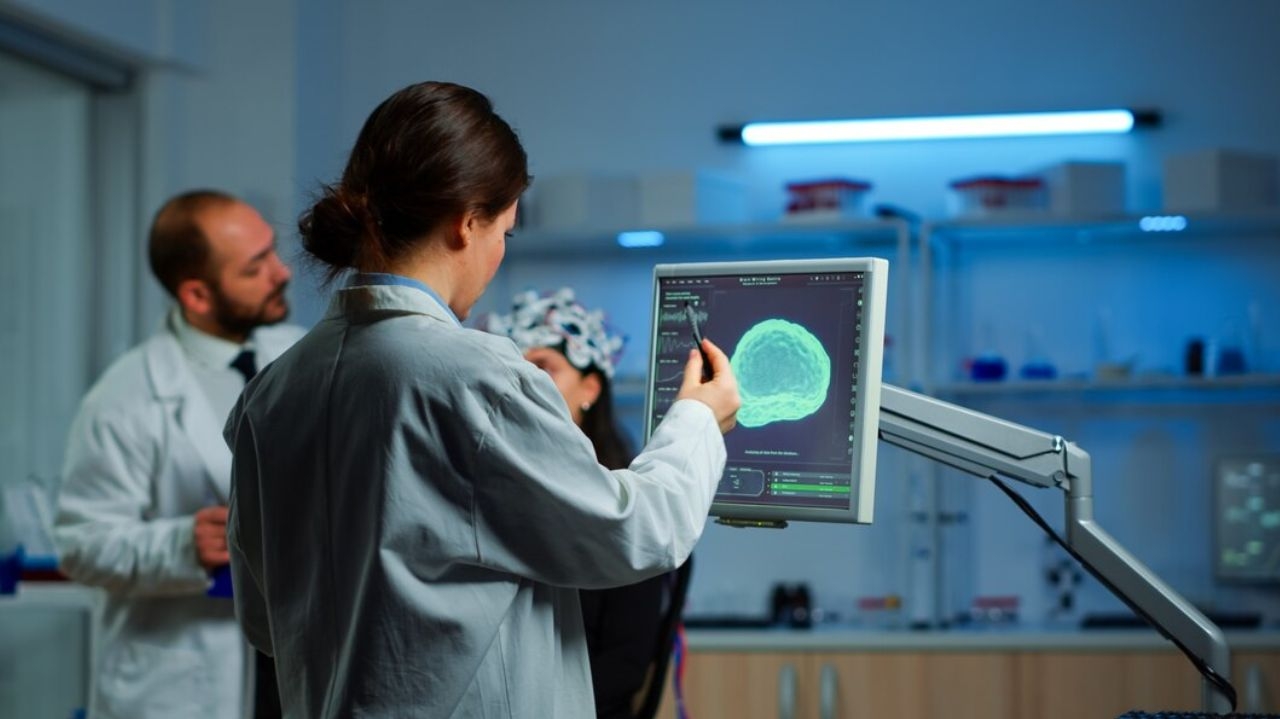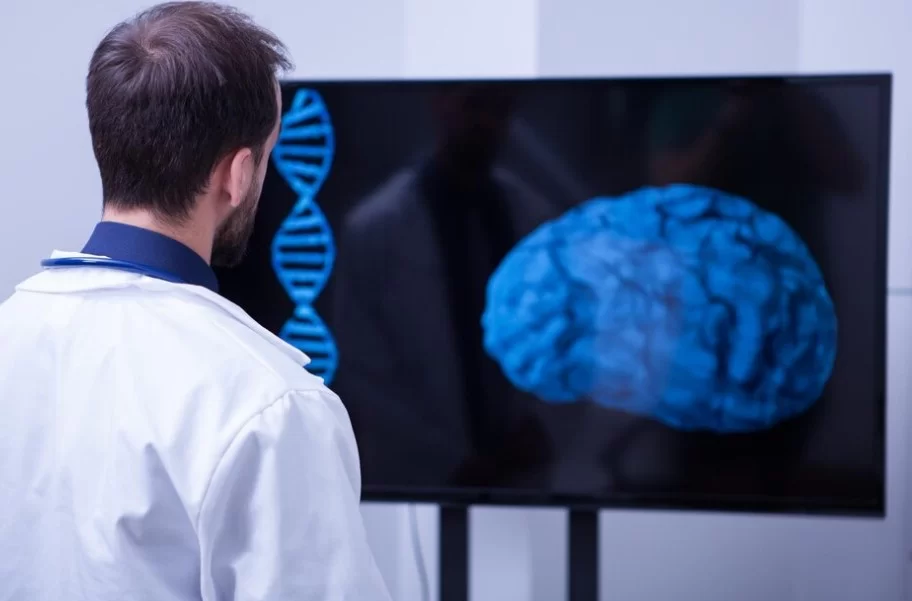
Discovery of mechanism in the early stages of Alzheimer’s paves the way for new treatments
Follow Us @
Discovery of mechanism in the early stages of Alzheimer’s paves the way for new treatments
– how to remain healthy, health related news, latest symptoms and treatments.
Researchers at the Center for Brain and Disease Research VIB-KU Leuven have made a relevant discovery about the early stages of Alzheimer's. The study carried out by researchers in Belgium identified a mechanism that occurs before the formation of protein plaques in the brain, paving the way for more efficient treatments against this health problem that affects millions of people.
The challenges of Alzheimer's
Alzheimer's disease is one of the common reasons for around 65% of all dementia cases worldwide, with projections of affecting 139 million people by 2050, according to the WHO. Despite its prevalence, there are few effective treatments to stop or reverse its symptoms, and the underlying causes are not yet fully understood.
The focus of research has been the formation of protein plaques, mainly beta-amyloid, in the brain. These plaques accumulate in patients with the disease, damaging neurons and contributing to the cognitive decline typical of Alzheimer's.
Initial mechanisms to aid discovery
Belgian researchers have discovered a molecule that disrupts communication between crucial parts of the cell, such as calcium storage and waste elimination, preceding the formation of protein plaques and the death of neuronal cells. Preventing the accumulation of the molecule, APP-CTF, may be key to developing more effective treatments.

Doctor observing an image of a brain (Photo: reproduction/Freepik/DC Studio)
Implications of the discovery
APP-CTF accumulates in neurons and lodges between the endoplasmic reticulum and lysosomes, affecting calcium balance and the ability of lysosomes to break down waste. This discovery, which predates the formation of amyloid plaques and the symptoms of the disease, may provide new insights into the early neuronal dysfunctions associated with Alzheimer's, driving the development of more effective strategies to treat the disease.
In summary, this discovery that precedes the formation of amyloid plaques and the emergence of disease symptoms may provide new insights into the earliest neuronal dysfunctions associated with Alzheimer's. Researchers believe these findings could boost the development of more effective strategies to prevent or treat Alzheimer's disease.
Featured photo: Doctor looking at a CT scan of a brain (Reproduction/Freepik)
Discovery of mechanism in the early stages of Alzheimer’s paves the way for new treatments
Follow AFRILATEST on Google News and receive alerts for the main news about celebrities, soap operas, series, entertainment and more! Discovery of mechanism in the early stages of Alzheimer’s paves the way for new treatments
SHARE POST AND EARN REWARDS:
Join our Audience reward campaign and make money reading articles, shares, likes and comment >> Join reward Program
FIRST TIME REACTIONS:
Be the first to leave us a comment – Discovery of mechanism in the early stages of Alzheimer’s paves the way for new treatments
, down the comment section. click allow to follow this topic and get firsthand daily updates.
JOIN US ON OUR SOCIAL MEDIA: << FACEBOOK >> | << WHATSAPP >> | << TELEGRAM >> | << TWITTER >
Discovery of mechanism in the early stages of Alzheimer’s paves the way for new treatments
#Discovery #mechanism #early #stages #Alzheimers #paves #treatments
-

 Fashion3 months ago
Fashion3 months agoVogue Arabia cover welcomes Salma Hayek in an interview with Penélope Cruz
-

 Football3 months ago
Football3 months agoVAR points out Diego Costa's offense against the fourth referee
-

 USA today entertainment3 months ago
USA today entertainment3 months agoBeyonce with the single “Break My Soul” leads on Spotify Brazil
-

 Health and Fitness3 months ago
Health and Fitness3 months agoVaccine against the reappearance of skin cancer enters final testing phase
-

 USA today entertainment3 months ago
USA today entertainment3 months agoSZA, Future and DJ Khaled come together in collaboration
-

 News3 months ago
News3 months agoParents of former player Waleswska are pressured by widower to pay rent for the house where they live
-

 USA today entertainment3 months ago
USA today entertainment3 months agoLarissa Luz and Linn da Quebrada enchant at the Multishow Awards with a tribute to Elza Soares.
-

 Good News TV series3 months ago
Good News TV series3 months agoThe shocking reason behind the decision not to show dead characters in The Last Of Us episode revealed













































